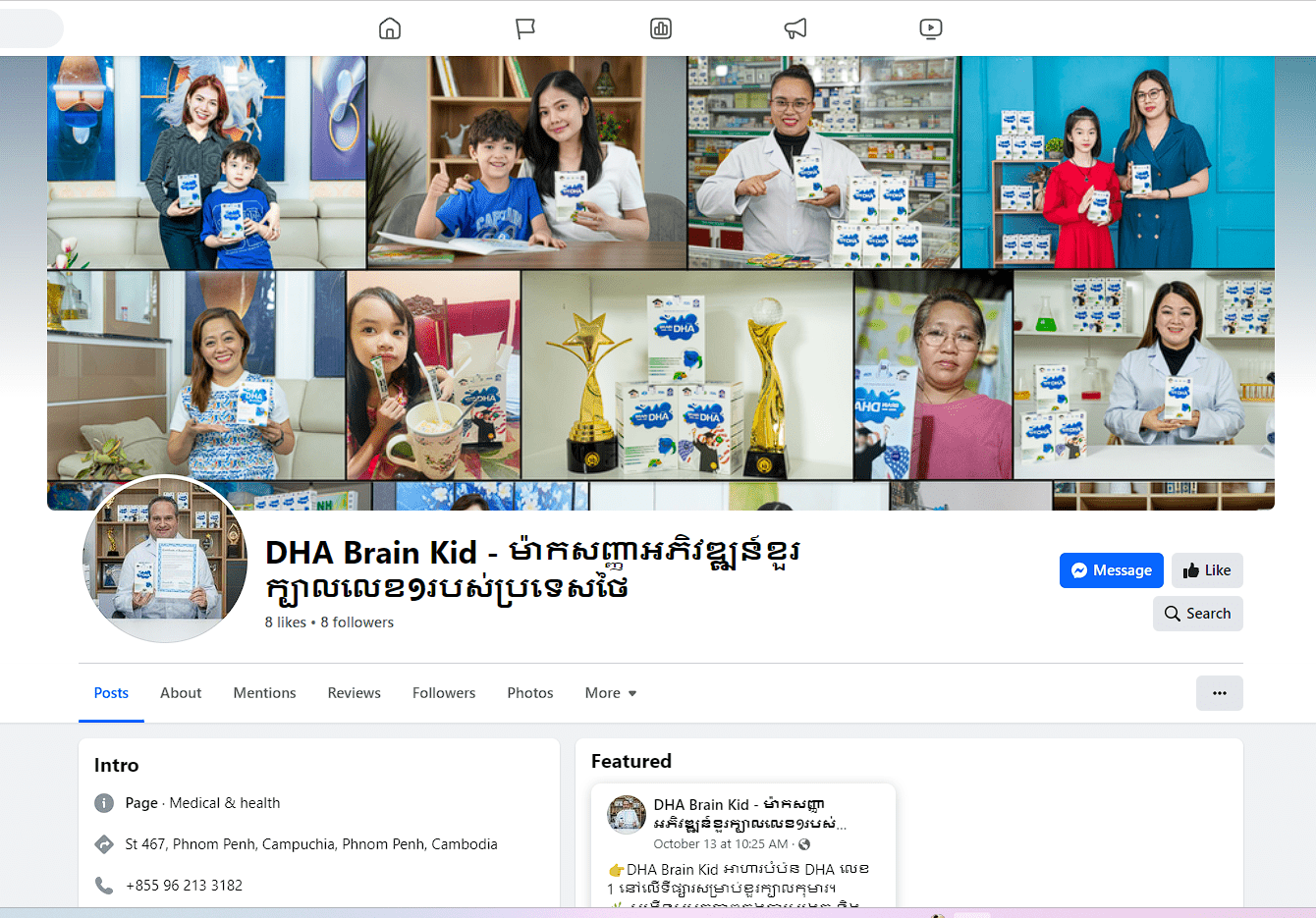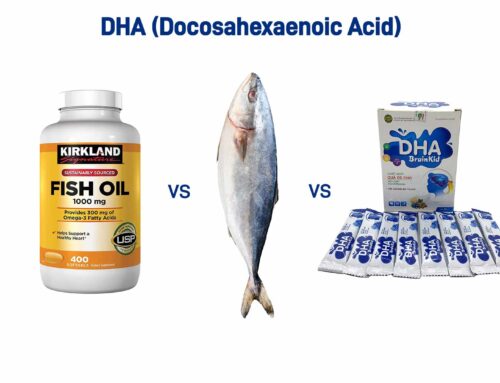The information provided here is for informational purposes only and is not intended to be a substitute for professional medical advice, diagnosis, or treatment. Always seek the advice of your physician or other qualified healthcare provider with any questions you may have regarding a medical condition or treatment and before undertaking any new healthcare regimen.
The benefits of these products might be exaggerated
The Healthy Skeptic: DHA touted as ‘smart’ pill for kids – Los Angeles Times
FDA Advisory No.2023-0822 || Public Health Warning
DHA Brain Kid, a popular children’s supplement, has captured the attention of parents seeking to support their child’s cognitive growth. But with claims of “boosted brainpower” and “improved memory,” can this supplement deliver on its promises? Let’s delve into the science behind DHA, the key ingredient in DHA Brain Kid, and explore the potential benefits and considerations for its use.
DHA: The Building Block for a Healthy Brain
Docosahexaenoic acid (DHA), an omega-3 fatty acid, plays a vital role in brain development, particularly during the early years. It forms a significant portion of the brain’s gray matter, which is crucial for cognitive function, learning, and memory.
Studies suggest that adequate DHA intake can positively impact these areas. Research has linked higher levels of DHA in children to improved memory, learning abilities, and attention spans. However, it’s important to note that these studies often focus on dietary DHA intake from natural sources like fatty fish (salmon, tuna) and eggs, rather than supplementation.
DHA Brain Kid: Ingredients and Potential Benefits
DHA Brain Kid primarily contains DHA derived from fish oil. It may also include other ingredients like:
- Choline: Another essential nutrient for brain development and memory function.
- B Vitamins: Play a role in energy production and nervous system function, which can indirectly impact cognitive health.
- Spirulina: An algae source of antioxidants and other potentially brain-supporting nutrients.
While the specific formula of DHA Brain Kid may vary depending on the region, the presence of DHA and other potentially beneficial ingredients suggests the supplement could offer some cognitive support. However, more research is needed to determine the effectiveness of DHA Brain Kid specifically compared to a balanced diet rich in natural DHA sources.
Considerations for Using DHA Brain Kid
Here are some key points to consider before giving DHA Brain Kid to your child:
- Age Appropriateness: DHA Brain Kid may have age-specific recommendations. Ensure the supplement is suitable for your child’s age group.
- Dietary Intake: Consider your child’s current diet. If they already consume adequate amounts of fatty fish or DHA-fortified foods, supplementation may not be necessary.
- Consult a Doctor: Discuss your child’s specific needs with a healthcare professional before introducing any new supplements. They can advise on the appropriateness of DHA Brain Kid and recommend the correct dosage based on your child’s age and health.
- Safety and Regulation: DHA Brain Kid has been flagged by some regulatory agencies, such as the Philippines FDA, for not undergoing the necessary registration processes. Check for any safety concerns or updates from official health agencies in your region before using the product.
Conclusion: A Balanced Approach to Brain Development
While DHA Brain Kid may offer some potential benefits, it’s crucial to maintain a balanced perspective.
- Focus on a Healthy Diet: Prioritize a well-rounded diet rich in natural DHA sources like fatty fish, eggs, and DHA-fortified foods. This provides a wider range of essential nutrients for overall health and brain development.
- Supplements as a Complement: If opting for DHA Brain Kid, view it as a potential supplement to a healthy diet, not a replacement.
- Individual Needs: Every child develops at their own pace. Consult a healthcare professional to discuss your child’s specific needs and determine if supplementation with DHA Brain Kid, or any supplement, is necessary.
By combining a balanced diet, open communication with a doctor, and realistic expectations, parents can make informed decisions to support their child’s cognitive development and overall well-being.





